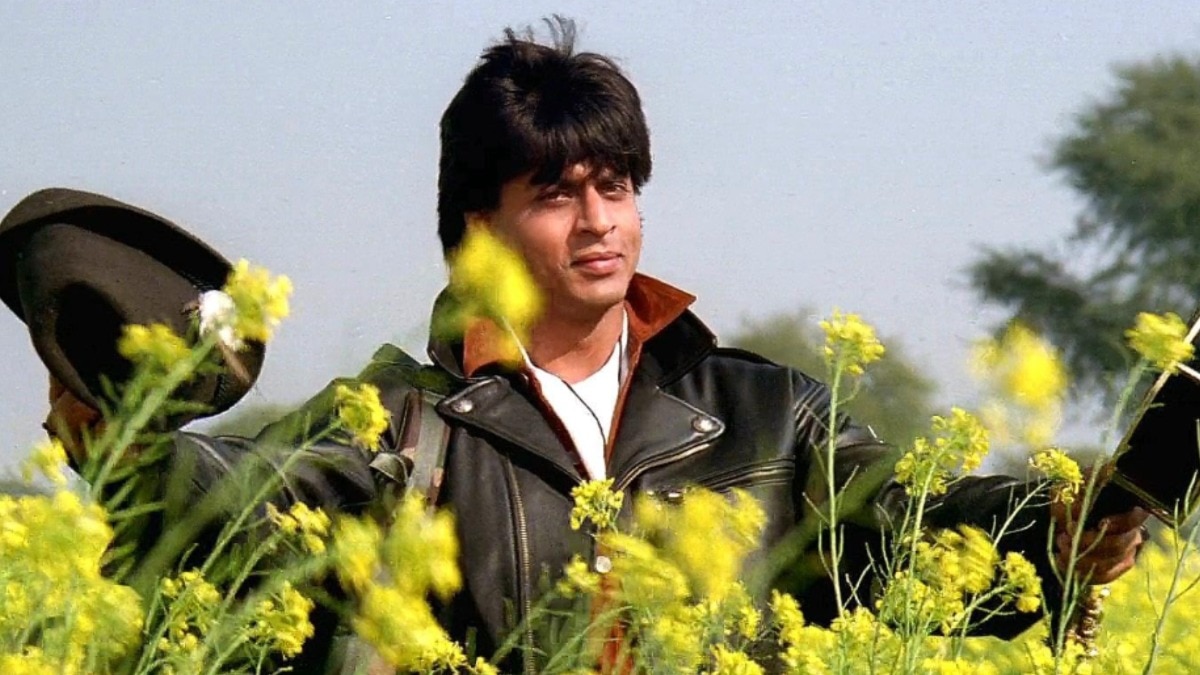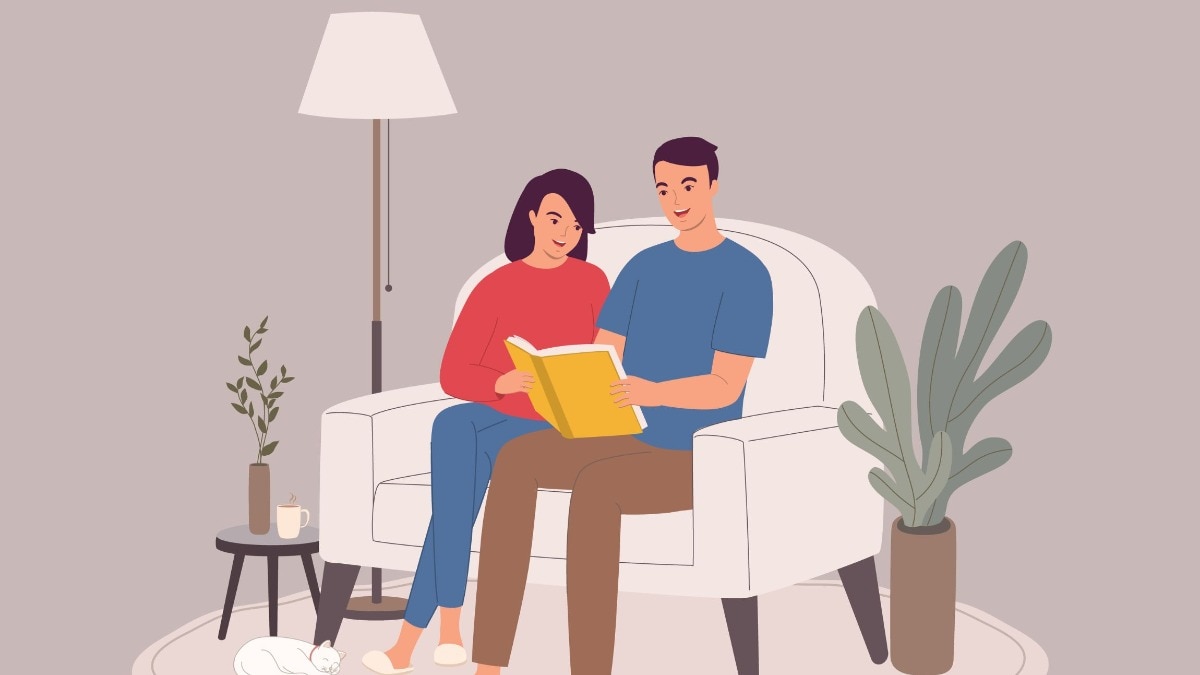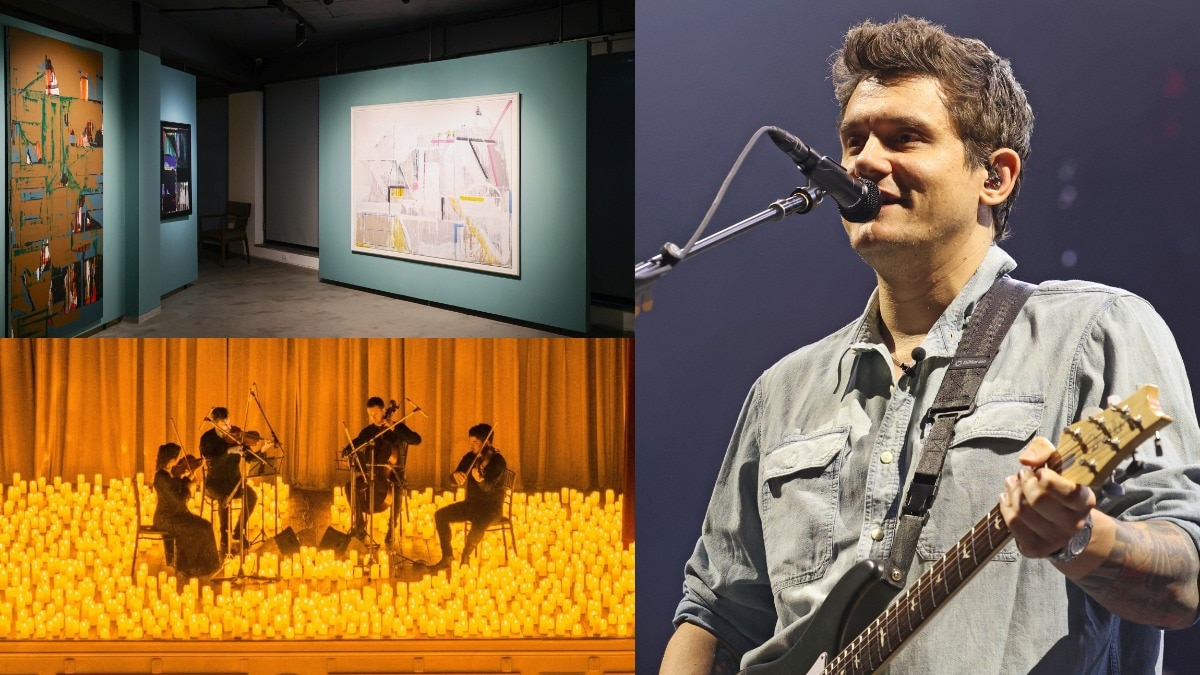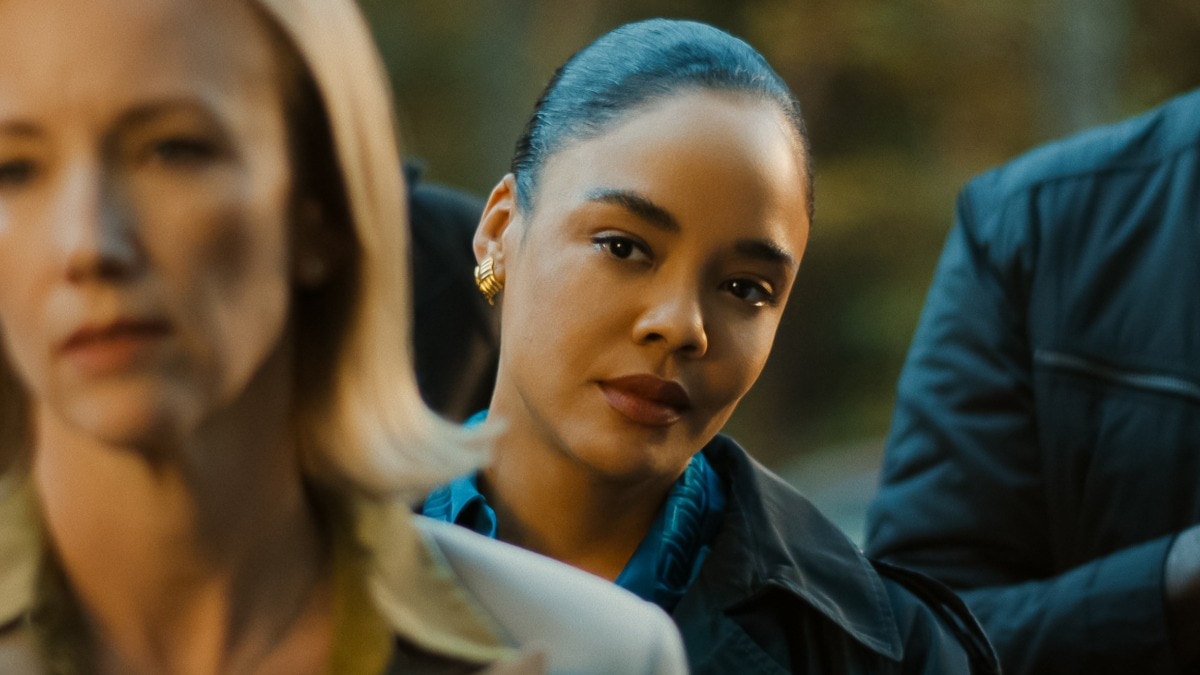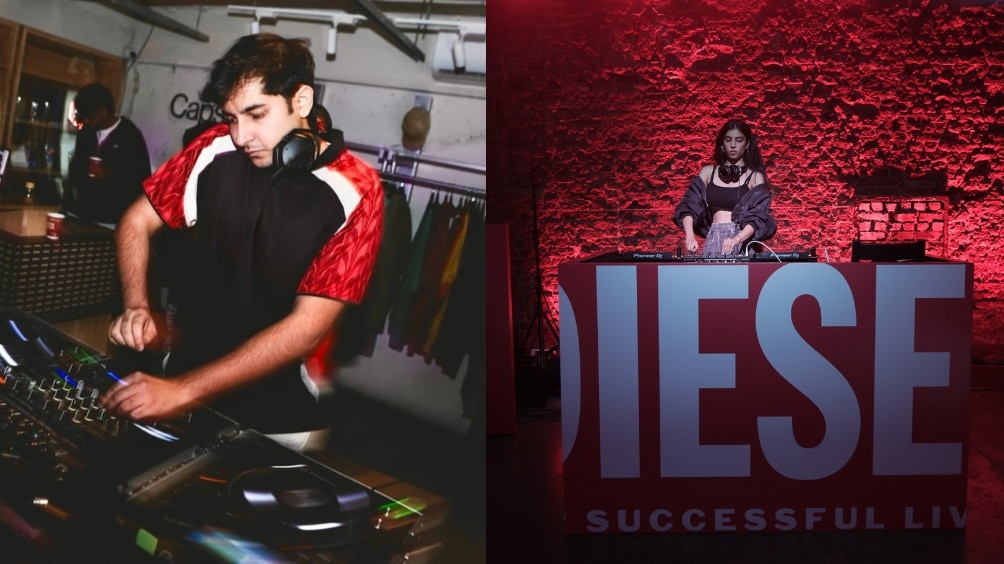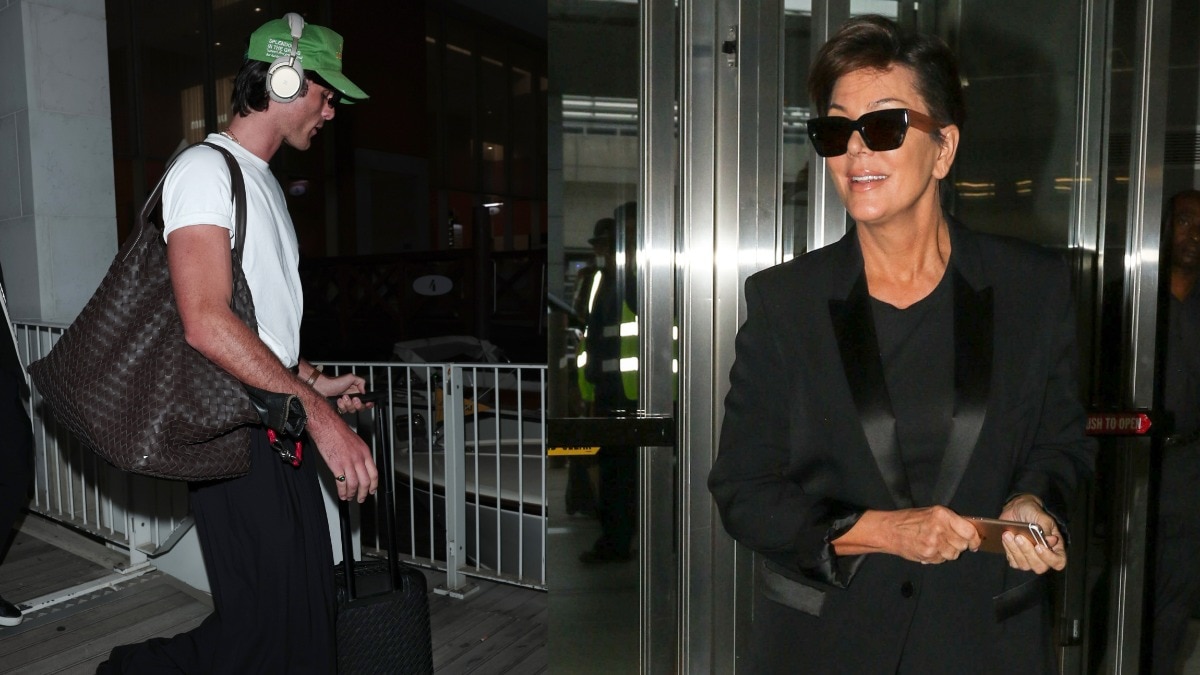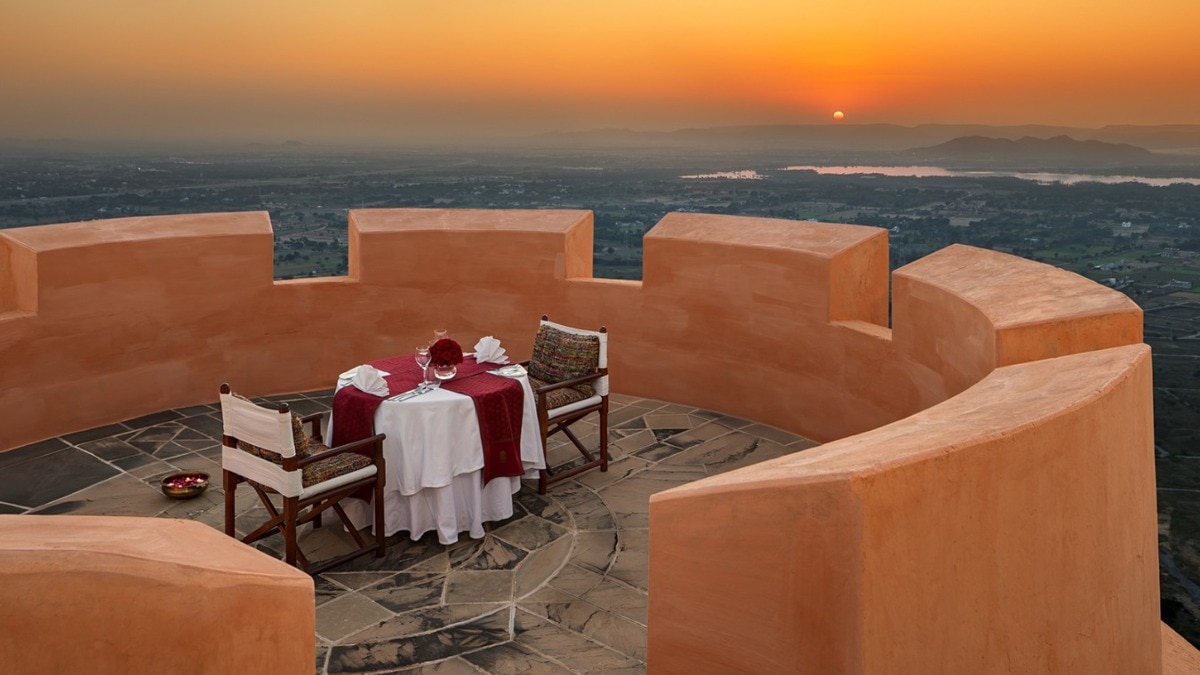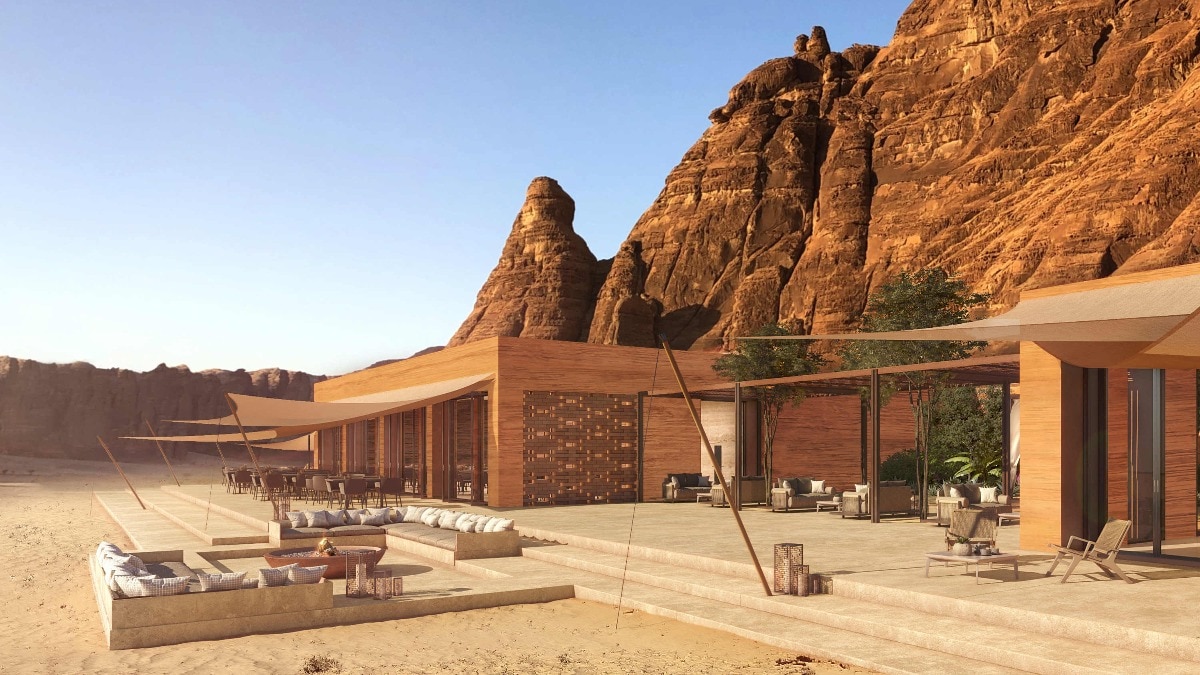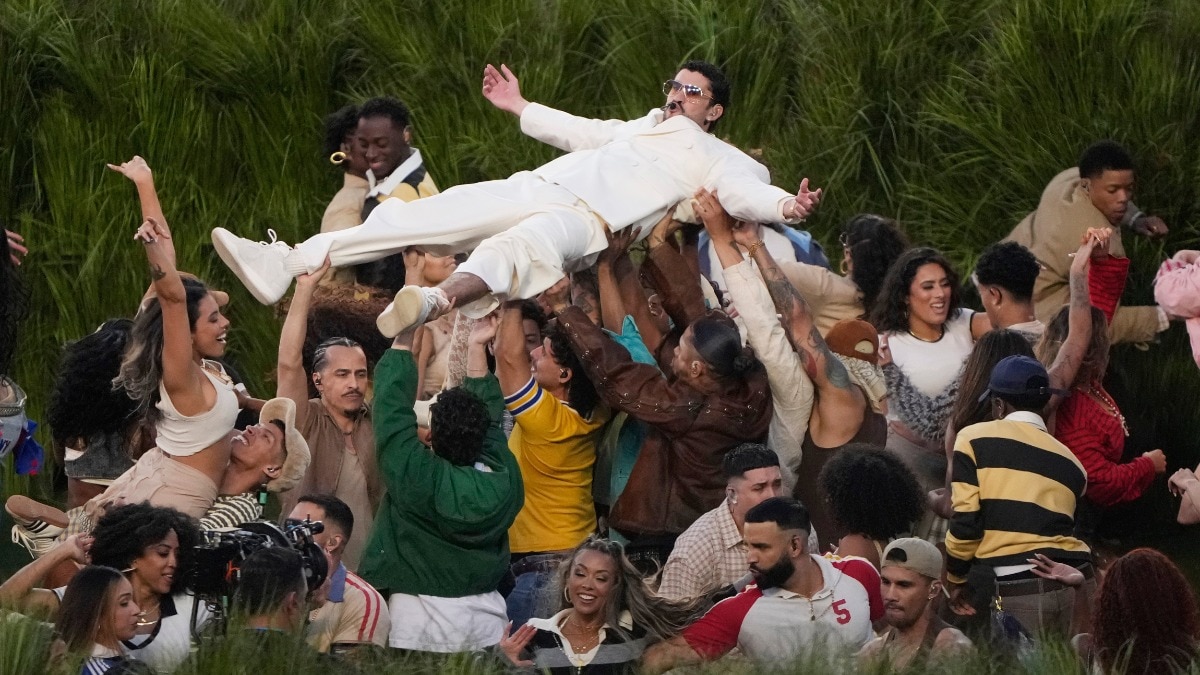
Shobhaa De, Lillete Dubey and other extraordinary women open up about overcoming the travails of womanhood
Fighting through their deepest battles with their mind and body at each juncture, prepare to be inspired by their amazing stories.


Womanhood (n.): It’s a tale as old as time, layered with the subtleties of pretended frivolity, gnawing physical pain, emotional turmoil, falling in love with the body and mind, falling out of love with it, hating it, berating it, healing from it, defining the self, and finally challenging the status quo that is left in unforeseen shock. These notions, over time, became the common universal thread that bound women no matter where they came from. Still, each phase of womanhood remains a lone and personal battle to navigate through for each one who experiences it—discovering and rediscovering themselves, a little more each time, exploring the inner femininity, braving a lop-sided world and mustering the courage to grow with love.
OF PERIOD PAIN AND PEER PRESSURE WITH CHEF RITU DALMIA

The onset of puberty brings with it a gamut of frenzied physical changes, insecurities, fears and curiosities with some strands of hope, excitement and self-exploration. Ritu Dalmia delves deep into her experiences with periods, flirtations with sexuality and a love for being in the kitchen that became her solace amid chaos.
“When I was a kid, I always wanted to be a boy. I would dress up as a boy and I just thought that I was not meant to be a woman. As a young girl there were many things about the onset of puberty that caught me unaware. When there’s not enough education at home and you’re trying so hard to fit in, peer pressure often hinders us from accepting our body, sexuality, puberty, and curiosity. I got my periods very late in life...I’m quite embarrassed to admit it but for three years, I actually lied to everyone, that I too had started my periods. I did it because I felt so unlike everyone else. Everyone else had begun menstruating from the age of ten or eleven. It was the biggest thrill to discuss it. Everyone thought that they had really arrived when they got their periods.”
“Amid all of this, cooking was my escape and solace. I was shy and introvert and didn’t have many friends.Cooking kept me going. When I finally hit puberty, my biggest problem was that my breasts became big and I hated wearing a bra. So, when I had to wear a bra for the first time...I just thought, ‘What the hell am I going to do?’ Suddenly from wearing trousers and being a tomboy, I went into a phase where I only wanted to wear salwar kameezes.”
“I became very curious about sex and sexuality—I began experimenting and led a rather promiscuous life. But at around seventeen, when I discovered that I was gay and I had a partner, it was not about role playing, it was not about one trying to be the man. We both were women and both were proud of it, because what attracted us were the qualities of a woman, the emotional factor that comes with being a woman. These were all a mix of internal and external struggles exacerbated by curiosity and peer pressure. But they shaped me to accept and respect every aspect of my womanhood and all that it brings.”
SOLACE IN MOTHERHOOD WITH ACTOR RUKHSAR REHMAN

Pregnancy can be difficult and intense. Yet, almost serendipitously sometimes, the birth of a child brings forth the joy you never knew and an unwavering courage to take the leap of faith. So, it happened with Rukhsar Rehman. “I was only seventeen when I got pregnant—as it happens with every woman, I put on a lot of weight. But I lost that weight pretty fast. What did bother me were the stretchmarks. I was not used to it and they irked me. Eventually you begin to accept it, even question the ridiculousness of it and when you see your child grow, you grow along with it and you kind of forget about all these things. It’s been a long time since I have cared about these things.”
“Pregnancy and motherhood is more than just the physical changes—it’s an emotionally intensive journey. Your hormones are doing tumble-turns and you don’t know what is happening. The initial three months were very taxing because I didn’t know what was happening. I didn’t have anyone to talk to—I was living with my in-laws and I could not go to visit my mother. But this was the way it was supposed to be. I also had post-partum blues, which were immensely difficult. I got married when I was still in school, so, sometimes I wonder whether I missed the nonchalant teenage girl life—but then I see my daughter, I think, not really. Motherhood has been a pleasant journey, but when we speak of womanhood and all that we must go through—it’s been hard and intense. Aisha and I have seen a lot together. When she was two years old, I ran away from my first husband’s house and I took her to my hometown. There she was raised in a very happy environment. For many years now we have been friends. I just got separated from my second husband after 18 years. I don’t have a family. When my parents died, it was me and Aisha, when I left my husband, it was me and Aisha, and now after 18 years, it’s still me and Aisha, and I believe till the end of this life, it will be me and Aisha.”
FIGHTING INNER DEMONS WITH ACTOR RATNA PATHAK SHAH

To the world, menopause takes on hushed tones, monosyllabic reactions or worse ridiculous judgments. To the woman who inevitably must experience it, menopause is the journey of losing herself, finding herself and recalibrating her beliefs, values and relationship with others. Ratna Pathak Shah takes us through her journey.
“There is a tendency to be patronising to women who are suffering from ‘that time of the month,’ or that ‘stage of life.’ Our issues are considered to be either trivial, self-created or unnecessary—generally to be ignored or to pretend that they don’t exist. Menopause is trickier to understand because there’s no clear sign—it’s something that the woman deals with entirely on her own. I don’t think I was terribly aware of the process of menopause, it was very smooth, I did not have medical issues and my periods slowly petered out. When that was done, what I felt the most was relief. But by then the emotional and mental changes had kicked in, and it was an immensely difficult phase to deal with. So many certainties, so many things that I believed in completely and definitely—had changed. The situation didn’t change, but my mind changed. I was looking at this situation from many different points of view, and I realised that I was going through life without much upheaval because I was wearing blinkers.”
“It was an emotional turmoil of not being in control of my thoughts. They had developed a life of their own. My emotions were running about and were strange and very unpleasant. It was also something that I couldn’t really share with the people around me.”
“I’m slightly better off now but I still haven’t recovered my simplicity of thought as a younger person. I don’t think I behaved terribly well. I lost it quite a few times and I also started disliking myself and what I was doing. I had to find a way to make friends with myself again. Menopause had an impact on all my relationships. I got a lot of patience from my family and they basically left me alone because there wasn’t anything anyone could do for me. It was really between my husband and me where the final adjustments needed to be made, because my children had grown up. Yes, it did take us a while. I can’t say that we have adjusted perfectly. But if you can deal with that, then you come out on the other side, much stronger. I realised that you fall in love so easily the first time around. It is still possible to have that again, but you’re going to have to make more of an effort—there’s a constant adjustment, but
how boring life would be if we had no adjustments to make?”
OWNING YOUR WRINKLES WITH ACTOR LILLETE DUBEY

For a woman, aging is often perceived through a lens replete with negative connotations. It questions the beauty of wrinkles and the silvering of one’s hair. Still, it remains up to each individual to redefine beauty and live a life driven by passion rather than expectations of the world. Lillete Dubey’s experiences with aging celebrate her journey of finding herself.
“Who you are is often defined, moulded and shaped by the values which one grows up with. My mother was always complimented on her beauty but her parents would always say, ‘Beauty is something that god has given to you, it is not something you have done anything to achieve. So please don’t go around preening that you’re so beautiful. What are you going to make of your life?’ I come from a family which, of course, appreciated beauty, but believed that life was much bigger than that, so I never really paid much attention to my looks. I received compliments about the way I looked but I never let that define me, because we were taught to hone our other abilities. So I just accepted the way I looked. I honestly never wanted to be taller, plumper, skinnier, or have blue eyes! Maybe cleverer, kinder and more talented!”
“I had gaps in my teeth and I remember when I came to Mumbai in 1996 and started working in films, this producer told me you’re beautiful and such a wonderful actor but you should get your teeth fixed! And I said, ‘My teeth are what they are, and I’ve lived with them all my life and I’m not getting them fixed after all this while’.”
“I joined films at the ripe old age of 45 when most women of my generation were packing up their make-up bags and semi retiring! I absolutely subverted some concepts of age right then. By acting in my first film Zubeida at 46—I was doing nothing by the book. I was infact doing things (like Frank Sinatra said), everything ‘My Way’.” “And I am the same way even now. I follow my own drummer! The beauty of getting older is you become more and more yourself. For me, every decade has been a liberation. I was not worried when I turned 30,40,50... I felt wonderful —I could finally be true to myself and not worry about what the world thought about me...you get to accept who you are and live peacefully with all your qualities, good and bad.
“When you have never made your looks a priority, then ageing will never play such a big part in your life. My only fear is something my mother used to tell me; as you get older and older, your world shrinks, you’re only interested in one or two close friends and family, and you don’t care much about the outside world.” “But there are people who are alive and kicking even in their nineties and I want to be that way. I will die if I don’t act and do theatre. My passion drives me. I’m not scared of death. I’m happy to go tomorrow. In fact if the universe conspires I’d just like to drop dead on stage one day—in the middle of a scene and end with an applause.”
EMBRACING THE SELF WITH AUTHOR SHOBHAA DE

Healing is messy, brimming with ups, downs and many ordeals in between. Shobhaa De takes on a bold temper as she encourages embracing imperfections, owning desires and accepting the self in all its flawed, but beautiful glory.
“Respect your body as it alters with time. I was a competing athlete through school and college. I have never gone through body issues, mainly because I made friends with my body. Of course, my body shape and muscle tone altered with motherhood...but did I long for my toned teenage body in my thirties? No! I liked my ‘mom body’. I felt proud of my babies. Enjoyed every bit of motherhood. The same applies to menopause. The hormonal shift affects most women and leads to self-doubt and insecurity. My personal mantra remains what it was at fifteen: You have one life—lead it on your own terms. Stand up for what you believe in. Be answerable to yourself. My body is the only one I have—why be at war? Accept your body as it is and you will lead a far happier life. Leave the imperfections alone. Those are an indivisible part of you—why live with shame when you can live with acceptance? The world does not pay your bills—you don’t owe anybody an explanation. Own your sexuality, stop ‘justifying’ female desire.”

